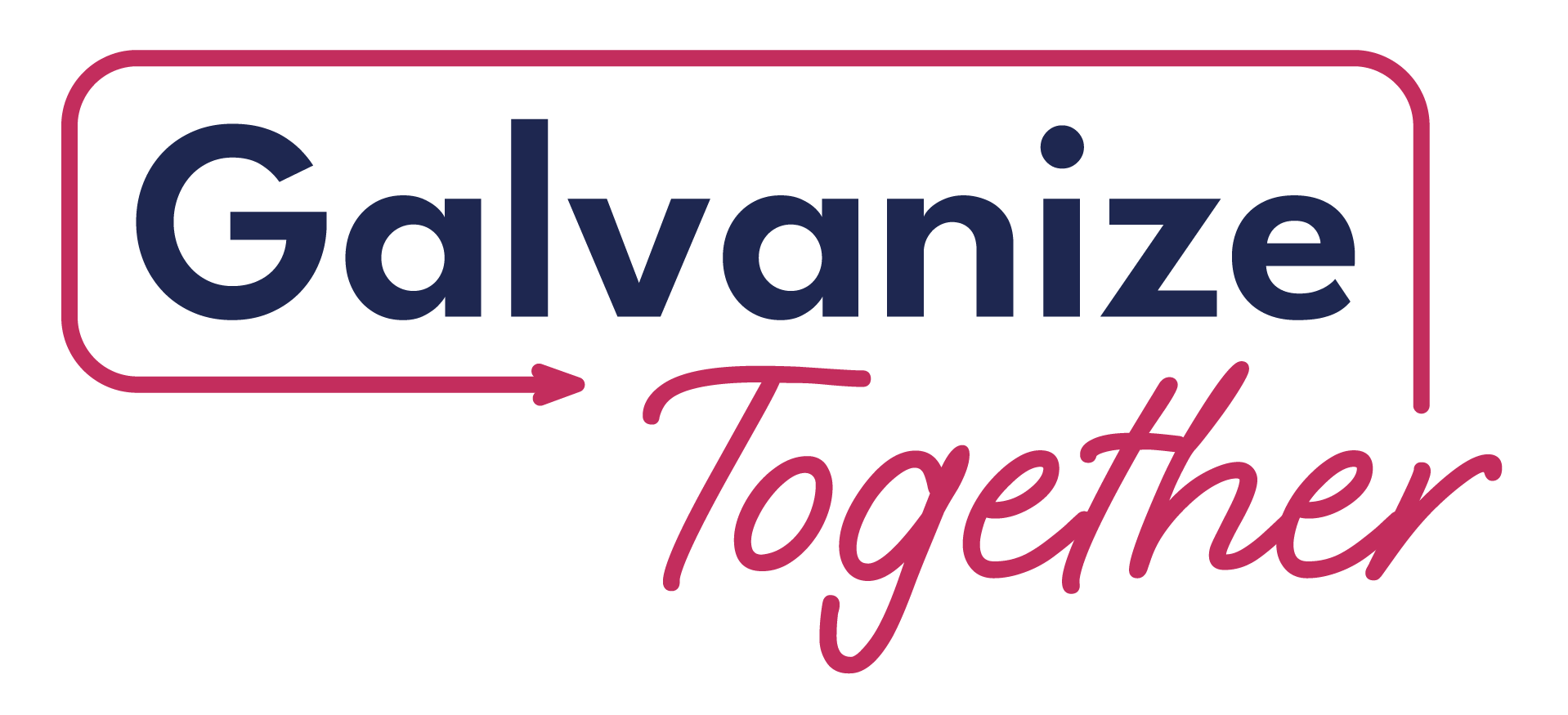As I’ve gotten older, my daughter has to do more for me. How can I still feel independent?
Reading Time: 4 minutes
Share:
Dear Grace,
I’m retired due to illness but don’t like having to depend on my daughter for a lot of things. It makes me feel inadequate as I have never depended on anyone but myself. Where do I go from here?
– Stressed in Kennet Square
Dear Stressed,
I hear ya—losing your independence can be a real gut punch, especially for someone like you who has always been able to take care of herself. When you think of yourself as someone who doesn’t need any help, it can be really hard to accept it. But the truth is, we all are going to need help at some point in our lives, especially as we get older. Needing help doesn’t make you any less competent, any less of a firecracker, or any less you.
You and your daughter are entering a new phase in your relationship. As a parent, it can be hard to let your child take care of you when you are so used to taking care of your child. It makes sense that you’re feeling a little lost right now, because for so long “who you are” was someone who didn’t need help. That’s a lot to navigate, Stressed. Here are some ideas for how to get to know this new version of you and how to navigate this new stage in your and your daughter’s relationship.
Feel your feelings, but know your worth.
Everyone experiences their own limitations as they get older. Some things you may be ready to say “good riddance” to, like taking out the garbage or washing dirty dishes (yuck!). But you are human, and it is normal to feel sad and frustrated about the daily activities that now feel like obstacles, especially if those activities once brought you joy. It’s important to grieve those losses, just like you would grieve the loss of a pet—so feel those feelings!
At the same time, know that your value doesn’t come from how mobile you are or what help you need now (or down the road). Americans are taught that we should be able to do anything on our own, so when we need help, we tend to feel some shame. But needing help doesn’t make us any less wonderful or capable, needing help is human, and losing the ability to do certain things for yourself doesn’t make you any less. You’ve given so much to your daughter and community, it’s okay to let them give back!
Celebrate and focus on your relationships and interests.
Retiring is a big life change, due to illness or not, and you’re probably missing the sense of community, independence, and fulfillment you got when you were at work. Fortunately, your hobbies and your community can still provide you with those things, regardless of your disability.
I can tell based on the fact that you wrote to me, that there is still plenty you are able to do: you can use a computer/phone, you can find community online, and you can express your feelings. I’m a big believer in focusing on what you can control, so focus on the choices and actions that are still yours and yours alone. Make a to-do list full of ways you can connect with yourself or others and try to tackle one a week (or day! Or month!). Your list can include calling a friend, reading a book, making new friends, listening to music, watching a movie you’ve never seen before, or trying new hobbies. Focusing on small goals like this will give you a sense of accomplishment and remind you that your life is still yours, even if it looks different now.
Make mental health a priority in your household.
It sounds like you and your daughter’s lives have changed A LOT since you retired due to illness. You are so fortunate to have a child who can go on this journey with you, but experiencing a debilitating illness is stressful no matter how big your team is. Millions of Americans are finding themselves in similar situations and scrambling to figure out how to get the support they need as they age. Caregiving is an important part of all our lives and even our economy. You and your daughter are both part of the “care economy,” which is a HUGE (but sometimes invisible) network of people across the country who provide care for others—kids, parents, grandparents, and spouses, to name a few.
You and your daughter are both navigating a major life change so it’s important to check in with each other about mental health. Set a good example for your daughter by getting support from your doctor, therapist, or an online support group. And if it seems like your daughter is struggling, let her know that it’s normal for caregivers to need some extra help. I reached out to my friends at AARP and they had some great resources to share. For your daughter, they have a website where she can find a caregiver support group as well as a Facebook Group for family caregivers to share tips and advice. To support your household, AARP has a “Family Caregiver Resource Guide” listed by state that includes options for financial assistance, legal support, and so much more. By giving your daughter these resources, you’ll be taking care of her which may make you feel more like a parent and less like a patient.
You are going through a big transition, so it makes sense that you are stressed! It’s normal for caregiving to change relationships (see my column here about caregiving for a spouse), but change is, after all, the only true constant in life. I’m confident that the love and support that you and your daughter share will be a source of steadiness as you both age. Even if your new normal still feels a little awkward, give yourself some time to grow into it. I’m sure that someone with your can-do attitude is up to the task.
With love,
Grace



